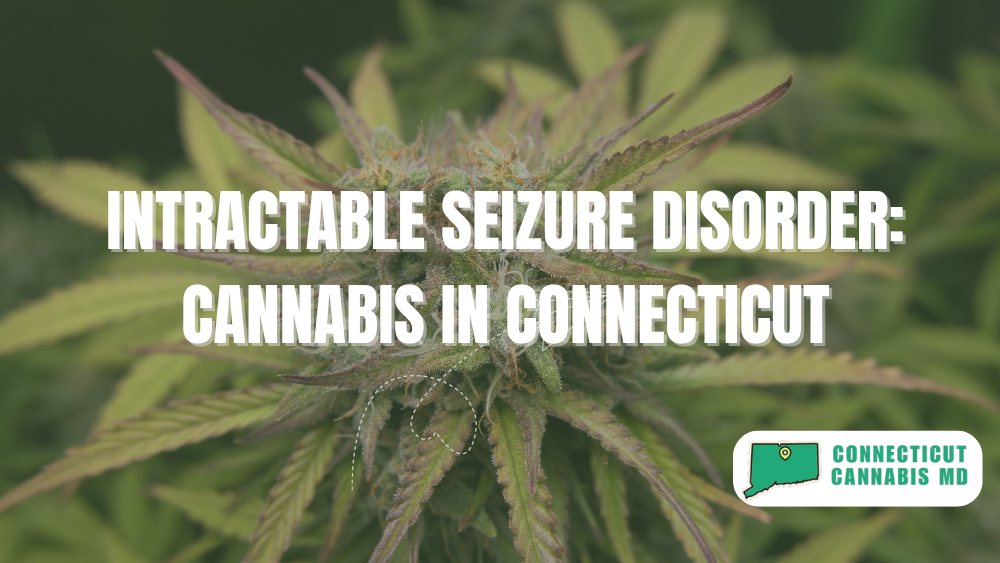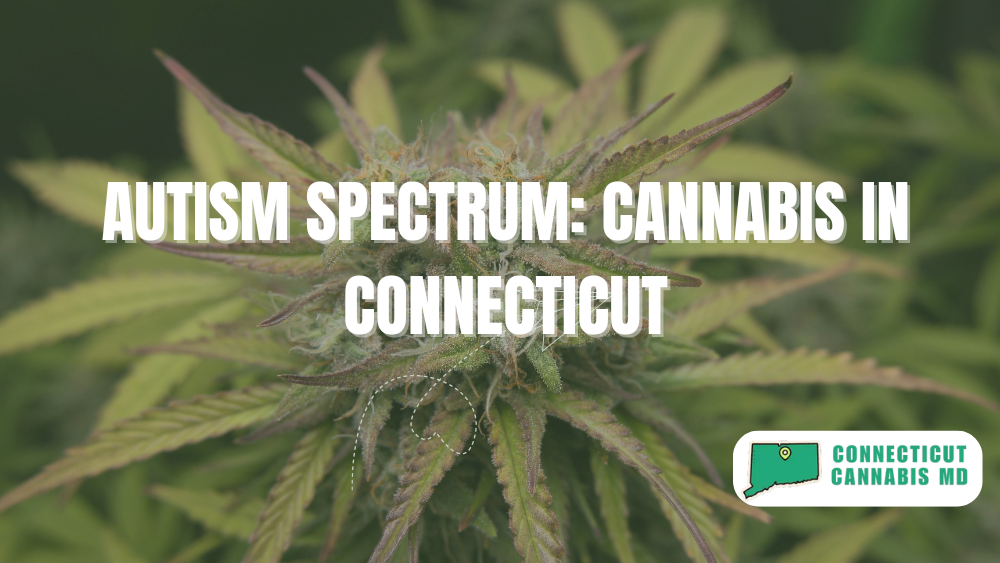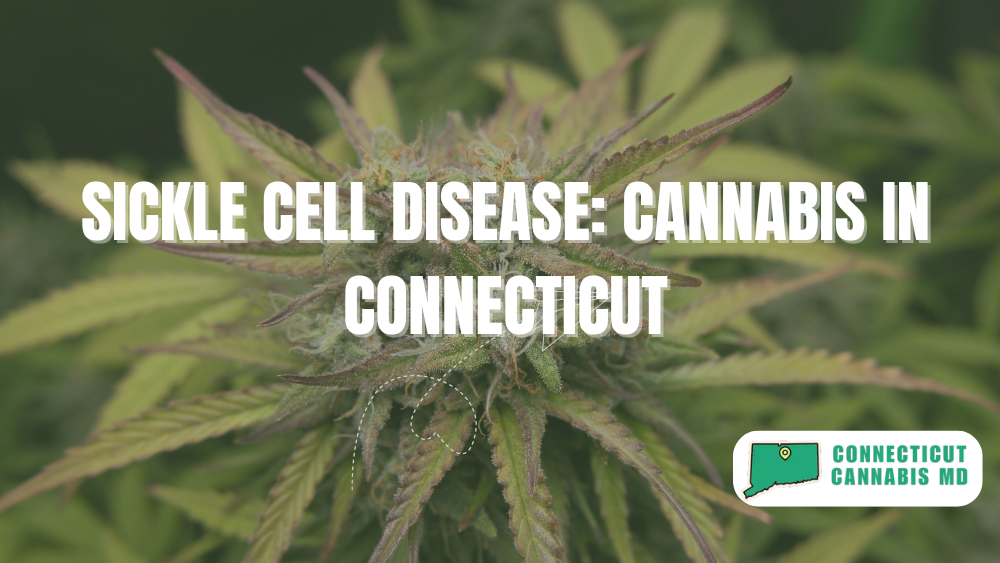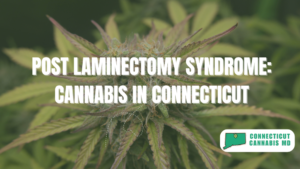Intractable seizure disorder, or drug-resistant epilepsy, is a form of epilepsy where seizures cannot be adequately controlled with standard anti-seizure medications. For patients living with intractable epilepsy, finding relief from seizures can be challenging and life-altering.
Medical cannabis, more specifically cannabidiol (CBD), has garnered significant interest as a novel treatment option in recent years for the management of refractory seizures. Connecticut, for instance, has allowed such patients to use cannabis through the state’s medical marijuana program.
In this article, we will discuss the role of cannabis in treating refractory seizure disorders with a missive on how to get your medical marijuana card online through telemedicine.
Intractable Seizure Disorder: Basics
What is Intractable Seizure Disorder?
Drug-resistant epilepsy, also called intractable seizure disorder, happens when a person’s seizures cannot be controlled with the usual anti-seizure medications. Around 30% of epilepsy patients belong to this form and it may also difficult for a patient.
Patients with intractable epilepsy may undergo repeated, prolonged seizures followed by an impaired cognitive function and developmental delay which further can endanger patient from injury.
Challenges Faced by Patients with Intractable Epilepsy
Being diagnosed with intractable epilepsy can be physically and emotionally draining. If your type of seizures regularly happen in large numbers it can ruin the everyday life, may make working or studies impossible and eliminate social activities.
Seizures are unpredictable and dangerous, making it hard for patients to live on their own. A number of patients do not respond to conventional anti-seizure medications, and the drugs tend to cause severe side effects.
How Cannabis Can Help Alleviate Seizure Symptoms?
Cannabidiol (CBD) and Seizure Reduction
Although cannabis compounds, particularly cannabidiol (CBD), have proved to be potentially beneficial in decreasing the frequency and severity of seizures for those with refractory epilepsy.
CBD has been shown in clinical trials to reduce the number of seizures by as much as 50% for some epilepsy patients, helping those who have not responded to current medications.
CBD works with the brain’s Endocannabinoid system to regulate neural activity, and it will not allow these abnormal electrical discharges to occur, causing a seizure.
Neuroprotective and Anti-Inflammatory Effects of Cannabis
In addition to reducing seizures, CBD has neuroprotective and anti-inflammatory properties that may help protect the brain from damage caused by repeated or prolonged seizures.
By reducing inflammation and calming overactive neurons, CBD can support overall brain health and improve cognitive function in patients with intractable epilepsy.
Managing Anxiety and Sleep Disturbances
Patients with intractable epilepsy often experience anxiety and sleep disturbances due to the unpredictability of their seizures. Cannabis, particularly CBD, has calming effects that can help reduce anxiety and promote better sleep.
By improving sleep quality and reducing stress, cannabis may indirectly help lower the frequency of seizures in some patients.
Medical Marijuana for Intractable Seizure Disorder in Connecticut
Qualifying for Medical Marijuana
In Connecticut, medical marijuana is available to those with an intractable seizure disorder. Those with drug-resistant epilepsy may be eligible to obtain a medical marijuana card, which would allow them the legal right to purchase cannabis products at thousands of state-run dispensaries
around the country.
Patients must be certified by a Connecticut-licensed healthcare provider who has determined that the patient may benefit from the use of medical cannabis.
The Simple Application Process for a Medical Marijuana Card
Following certification from a doctor, patients can then apply online for their Medical Marijuana card through the Connecticut Department of Consumer Protection. Residents must apply, obtain a medical certification and pay for registration.
Once approved, they can legally buy cannabis products optimized for seizure care and overall life quality.
Telemedicine for Intractable Seizure Disorder Patients
The Convenience of Telemedicine
Telemedicine has made it accessible for patients with refractory epilepsy to obtain cannabis without even having an in-person visit.
Patients will be able to obtain their marijuana recommendation online and consult via the telemedicine services of medical practitioners. This can provide added benefits for patients with epilepsy who may have frequent seizures or trouble getting around.
Cost of Medical Marijuana Recommendations
New Patient Medical Marijuana Recommendations are $179, with the annual renewals priced at $149 for patients seeking a telemedicine medical marijuana recommendation.
This cheap option lets a person with epilepsy obtain their certification from home so they do not have to travel and attend an appointment.
Benefits of Cannabis for Intractable Seizure Disorder Patients
Reducing Seizure Frequency and Severity
A large number of patients suffering from refractory seizure disorders have been helped by medical marijuana. CBD has already been proven in studies to reduce the number of severe seizures people have, so there is no reason why it should not improve the quality of life for these patients.
For those patients who have not seen success with other medications, cannabis may offer a new solution.
Reducing Dependence on Prescription Medications
Medical cannabis offers a natural alternative to anti-seizure medications, which often come with severe side effects. By incorporating cannabis into their treatment plan, patients can reduce their reliance on prescription medications and avoid the long-term risks associated with these drugs.
Conclusion
Medical cannabis has proven to be a valuable tool in managing intractable seizure disorders, offering patients a new way to reduce seizure frequency and improve their quality of life. In Connecticut, patients can access medical marijuana through the state’s medical marijuana program, and telemedicine has made it easier than ever to obtain certification.
If you or a loved one is living with intractable epilepsy, consider exploring medical cannabis as part of your treatment plan.
Call to Action (CTA):
“Interested in exploring how medical marijuana can help manage your seizure disorder? Book an online consultation with a certified doctor today and start your application for a Connecticut Medical Marijuana Card.”
FAQs
How does cannabis help people with intractable seizure disorders?
Cannabis, particularly CBD, helps reduce the frequency and severity of seizures in patients with intractable epilepsy, improving their quality of life.
Is intractable seizure disorder a qualifying condition for medical marijuana in Connecticut?
Yes, intractable seizure disorder is recognized as a qualifying condition under Connecticut’s medical marijuana program.
How much does a medical marijuana recommendation via telemedicine cost in Connecticut?
The cost for a telemedicine consultation is $179 for new patients and $149 for yearly renewals.
How do I apply for a medical marijuana card for intractable seizure disorder in Connecticut?
You can apply online after receiving certification from a licensed healthcare provider. The process is simple and can be completed through the state’s online portal.
Can I use telemedicine to get a medical marijuana recommendation for intractable epilepsy?
Yes, telemedicine allows you to consult with a certified doctor online to obtain a medical marijuana recommendation.












